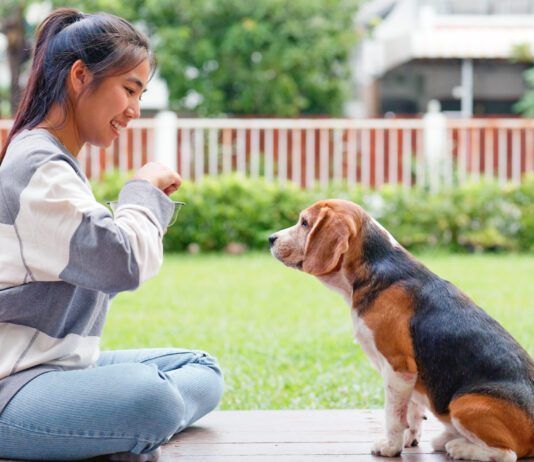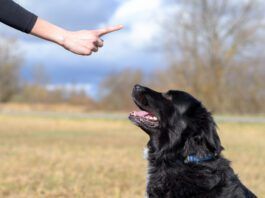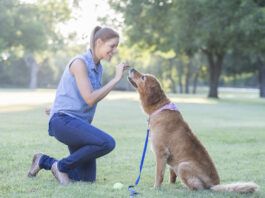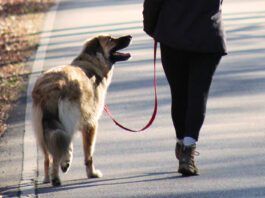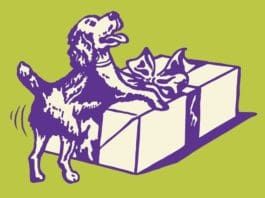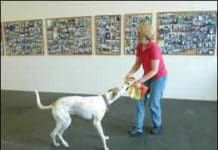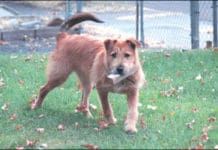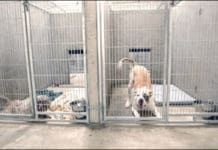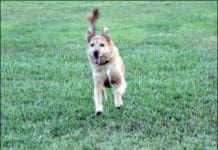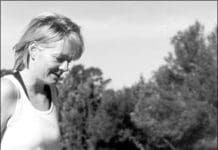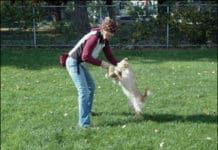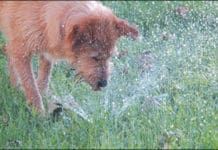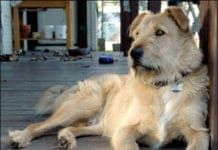The Four Principles of Operant Conditioning for Dogs
The dog's behavior makes something good happen. Positive
5 Ways to Train Without Treats!
Food treats are an easy and effective reward for a dog when training. But food rewards are only one way to build strong behavior. There may be times when you do not want to or cannot use food, and there may be times when the best reinforcement is something other than a hot dog! Here are five great ways to reward your dog when you don't want to reach for the treat pouch.
5 Things to Do the Next Time Your Dog Grabs Your Stuff and Runs
Your dog grabs your stuff and runs away either because she knows you're going to take it from her and she doesn't want you to, or she's inviting you to join in her a fun game of Catch me if you can." In either case
Building a Strong Positive Training Foundation with Your Dog
volunteers can improve the "curb appeal" of these dogs
Positive Dog Training for Hunting Dogs
Depending on who you talk to, “hunting dog” means very different things. The only thing in common may very well be that the human end of the leash historically toted a gun in pursuit of some type of “game.” The game in question was not after-dinner parlor entertainment, but the entree on your dinner table. That might be pheasant, duck, or squirrel. Through hundreds of years, the real-life pursuit of food for one’s family has morphed into a competitive sport for people who rely upon Safeway to meet their nutritional needs.
Reinforcing Your Dog’s Training Throughout His Lifetime
When I was a kid, nobody talked about “socializing” their dogs, and most of the dogs we knew were just fine with kids. What’s the big deal? At risk of sounding old, when I was a kid, it was a different world. The only dogs I knew who weren’t free to run around my rural neighborhood were either hunting dogs or watchdogs; kids knew not to fool around with any of those dogs. And all the ones running loose in the neighborhood were extremely “good with kids.” That’s because they were constantly exposed to kids! I want my dog to be as rock-solid with kids – and every other type of person – as he is at resisting the urge to chase cats. So we’re going to have to practice.
Training Small Dog Breeds
There’s a reality show that airs on TLC called Little People, Big World that chronicles the daily lives of the Roloffs, an Oregon family made up of both small (both parents are under 4 feet tall) and average-sized people. The series tastefully portrays how every day activities and seemingly uneventful situations can affect the family members differently based on their size and how society views them. Most importantly, it successfully shows that size does matter, particularly in a society built for the average-sized person. I just wish there was a show, or at least an effective way to get that point across regarding small dogs. They and their owners have long been misjudged and misunderstood.
Best Dog Training Treats for Different Training Scenarios
Experiment with a wide variety of foods to find out what treats your dog loves most. If higher-value treats don't work, remove your dog to a less distracting environment, gradually increasing distractions as he's ready to handle them.
A Progress Report on Positive Dog Training and Our New Dog Otto
and calls him to us for a pet or a treat. He's learned that coming straight to us is consistently rewarding
Fear-Free Dog Training Methods
or threatening his general well-being if he made the wrong move. It wasn't fear of punishment or fear of me or some sort of amorphous "respect" that he had for me
Victoria Stilwell Promotes Positive Dog Training on Television
and then it means leash jerk! The dog's not learning to walk close to me because he wants to, he's learning to walk close to me because he fears what's going to happen to him if he doesn't. I have to say this was a long, long, time ago. I thought, This is bizarre


